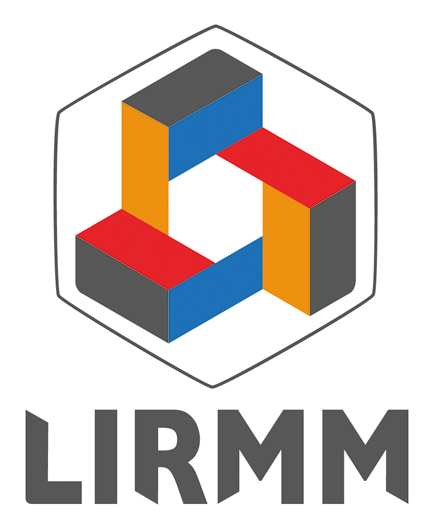Loading...
L’équipe ADAC réunit des chercheurs et enseignants-chercheurs aux compétences complémentaires réunis autour de la thématique fédératrice de la conception de systèmes adaptatifs, composants capables de s’autogérer pour optimiser leurs performances au sens de propriétés diverses (puissance de calcul, consommation, fiabilité, sécurité). Les domaines d’application adressés sont larges, et concernent plus spécifiquement les systèmes embarqués, l’internet des objets (IoT) et les grilles de calcul. L’équipe bénéficie d’une reconnaissance nationale et internationale de ses activités, que ce soit pour les travaux menés sur les structures innovantes à base de mémoires magnétiques ou bien les travaux sur les systèmes multiprocesseurs adaptatifs.
Open Access Files
79 %
Nombre de Fichiers déposés
177
Nombre de Notices déposées
52
Politique des éditeurs en matière de dépôt dans une archive ouverte
Cartographie des collaborations
Tags
Silent stores
Simulation
Cryptography
RSA
Microarchitecture
Adaptation
Distributed systems
Convolutional Neural Network
Power Monitoring
Blockchain
Design Space Exploration
Equilibrium propagation
Machine learning
Architecture
Security
MRAM
Non volatile memory
Power demand
Generative Adversarial Network
Memory architecture
Memory hierarchy
Adaptive systems
Design methodology
Multicore processing
Sustainability
STT-MRAM
Hardware
Deep Neural Networks
Multicore systems
Modeling
FPGA security
Parameter exploration
Gem5 simulator
Data Distribution Service
Gem5
Mitigation
Detection
Education
Renewable energy
Physically unclonable function
Energy efficiency
Internet des Objets
Fog computing
Architecture mémoire
Hardware Accelerator
Energy
PQC
Privacy
Multi-threaded programs
Performance evaluation
Neural networks
Caches
Approximate computing
Scheduling
Weight Sharing
Decentralized network
FPGA
Error analysis
Efficacité énergétique
Design-for-Trust
Internet of Things
Side-channel attacks
Deep learning
Parallel programming languages
Network-on-Chip
Performance
Embedded systems
Power
Approximate Computing
OpenMP
Framework
IP Protection
Magnetic RAM
DRAM
Machine Learning
Computer vision
Computer architecture
Rowhammer
Reliability
Resource allocation
Data centre
Monitoring
Energy-efficiency
Model Compression
Processor scheduling
Logic Locking
Gateway
Embedded System
BigLITTLE
Design space exploration
IoT
Delays
Deep Learning
Network-on-chip
Edge computing
Hardware security
Analog
Multiprocessing systems
Lightweight cryptography
M2M
